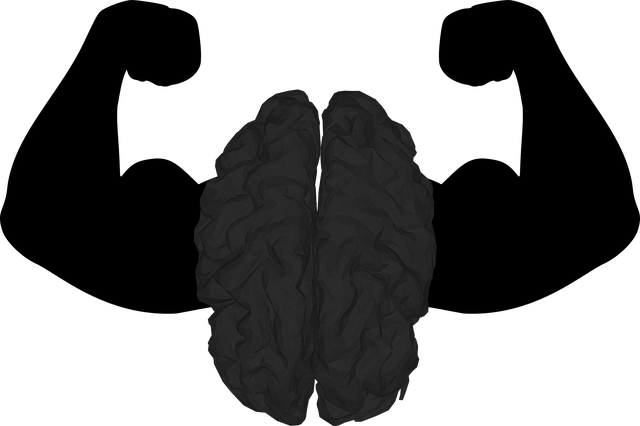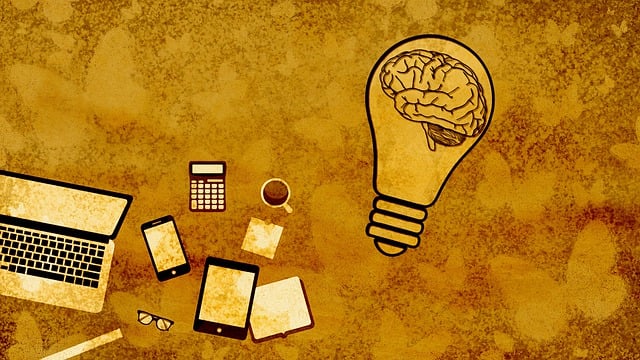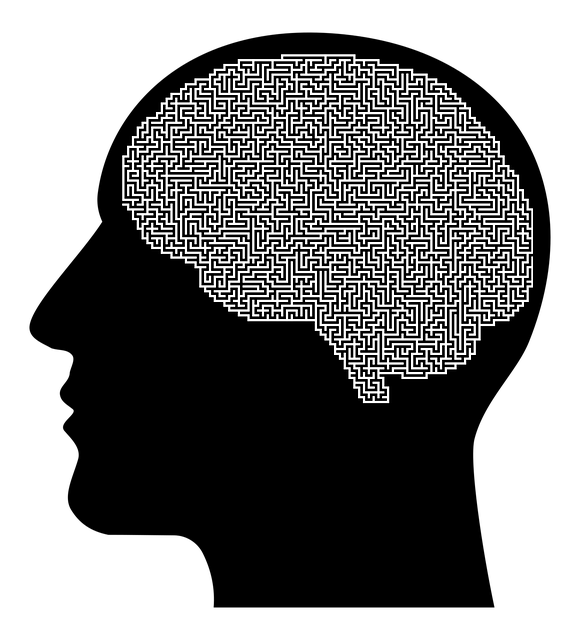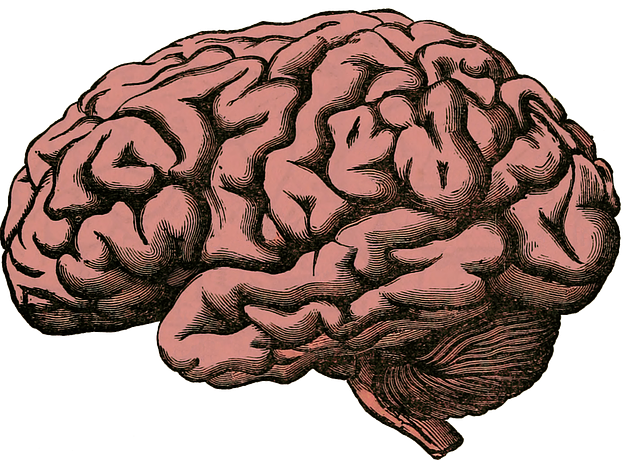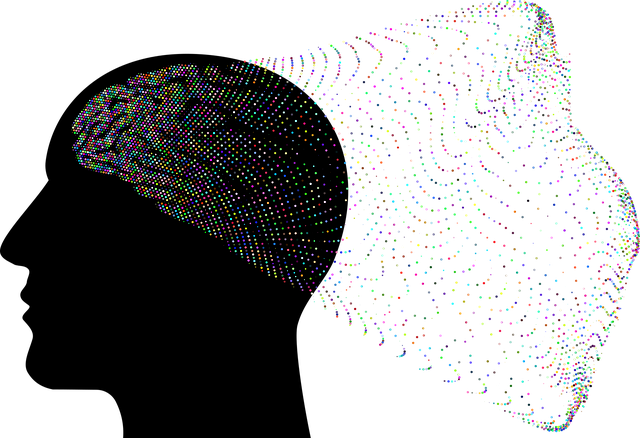Mental wellness groups, facilitated with techniques like EMDR therapy, offer elders a supportive community to address depression, anxiety, and trauma. These groups promote healing through open discussions, coping strategies, and peer support, while public awareness campaigns reduce stigma and improve access to mental health services. Incorporating EMDR into workshops enriches programs, empowering elders to manage stress, process traumatic memories safely, and cultivate personal growth with enhanced mental fortitude.
Mental wellness groups play a pivotal role in fostering community and support for elders, addressing unique challenges they face. This article delves into effective strategies for facilitators, focusing on techniques that enhance healing in these sensitive settings. We explore the benefits of EMDR (Eye Movement Desensitization and Reprocessing) therapy as a powerful tool for group facilitation among seniors. Understanding the specific needs of older adults is crucial, guiding facilitators to implement inclusive practices, thereby significantly improving mental wellness outcomes for this demographic.
- Understanding Mental Wellness Groups for Elders
- EMDR Therapy: A Powerful Tool for Group Facilitation
- Effective Group facilitation Techniques for Enhanced Healing
Understanding Mental Wellness Groups for Elders

Mental wellness groups offer a unique and beneficial environment for elders to connect, share experiences, and support one another. These groups are designed to facilitate open discussions about mental health challenges commonly faced by older adults, such as depression, anxiety, and loneliness. By creating a safe and non-judgmental space, facilitators encourage participants to explore their emotions, build coping strategies, and foster a sense of community.
Understanding the specific needs of elders is crucial for effective group facilitation. Techniques like Eye Movement Desensitization and Reprocessing (EMDR) can be integrated into therapy for elders, helping them process traumatic memories and promote emotional healing. Public Awareness Campaigns Development and Mental Health Policy Analysis and Advocacy play a significant role in raising awareness about mental wellness among the elderly population, breaking down stigma, and ensuring better access to services. Boosting confidence within this demographic is essential, as it encourages individuals to actively engage in their mental health journey, whether through group discussions or individual therapy sessions.
EMDR Therapy: A Powerful Tool for Group Facilitation

EMDR Therapy stands as a remarkable tool within the arsenal of group facilitation techniques, especially for working with elders. This therapeutic approach, originally designed to treat trauma, has proven effective in fostering mental wellness among older adults. By harnessing the power of eye movement desensitization and reprocessing (EMDR), facilitators can create a safe and supportive environment where participants can address past traumas, resolve underlying conflicts, and boost their confidence.
In group settings, EMDR Therapy facilitates dynamic interactions and encourages peer support. Through structured protocols, elders can explore and reframe distressing memories, emotions, and beliefs, leading to significant improvements in stress management. Moreover, this method empowers individuals to develop effective coping strategies, enhancing their overall resilience. Incorporating EMDR into organization’s Stress Management Workshops not only enriches the program but also offers a transformative experience for participants, helping them navigate life’s challenges with renewed mental fortitude.
Effective Group facilitation Techniques for Enhanced Healing

Effective group facilitation techniques play a pivotal role in enhancing healing processes, particularly within therapy sessions tailored for elders. By fostering an inclusive and supportive environment, facilitators can unlock profound benefits for participants. One powerful approach is incorporating Eye Movement Desensitization and Reprocessing (EMDR), a therapy for Elders EMDR that facilitates the safe recall of traumatic memories while guiding individuals to process and resolve these experiences. This technique allows elders to work through deep-seated traumas, promoting mental wellness and facilitating personal growth.
Additionally, integrating self-care routine development for better mental health within group facilitation empowers participants with practical tools. Teaching techniques such as mindfulness exercises, stress management strategies, and healthy coping mechanisms enables individuals to navigate life’s challenges more effectively. Crisis intervention guidance, another valuable asset, equips facilitators to respond promptly and appropriately during moments of crisis, providing immediate support and promoting resilience among group members. Moreover, mental wellness coaching programs development can be tailored to meet the unique needs of elders, ensuring ongoing support and encouragement for maintaining mental health and overall well-being.
Mental wellness groups tailored for elders offer a unique and supportive environment, while techniques like EMDR therapy have proven effective in facilitating healing. By employing diverse group facilitation methods, professionals can create an engaging and therapeutic space that empowers seniors to navigate mental health challenges. Combining these approaches, such as EMDR with evidence-based group dynamics, provides a comprehensive strategy for enhancing emotional well-being among older adults, ensuring they receive the care they deserve.


